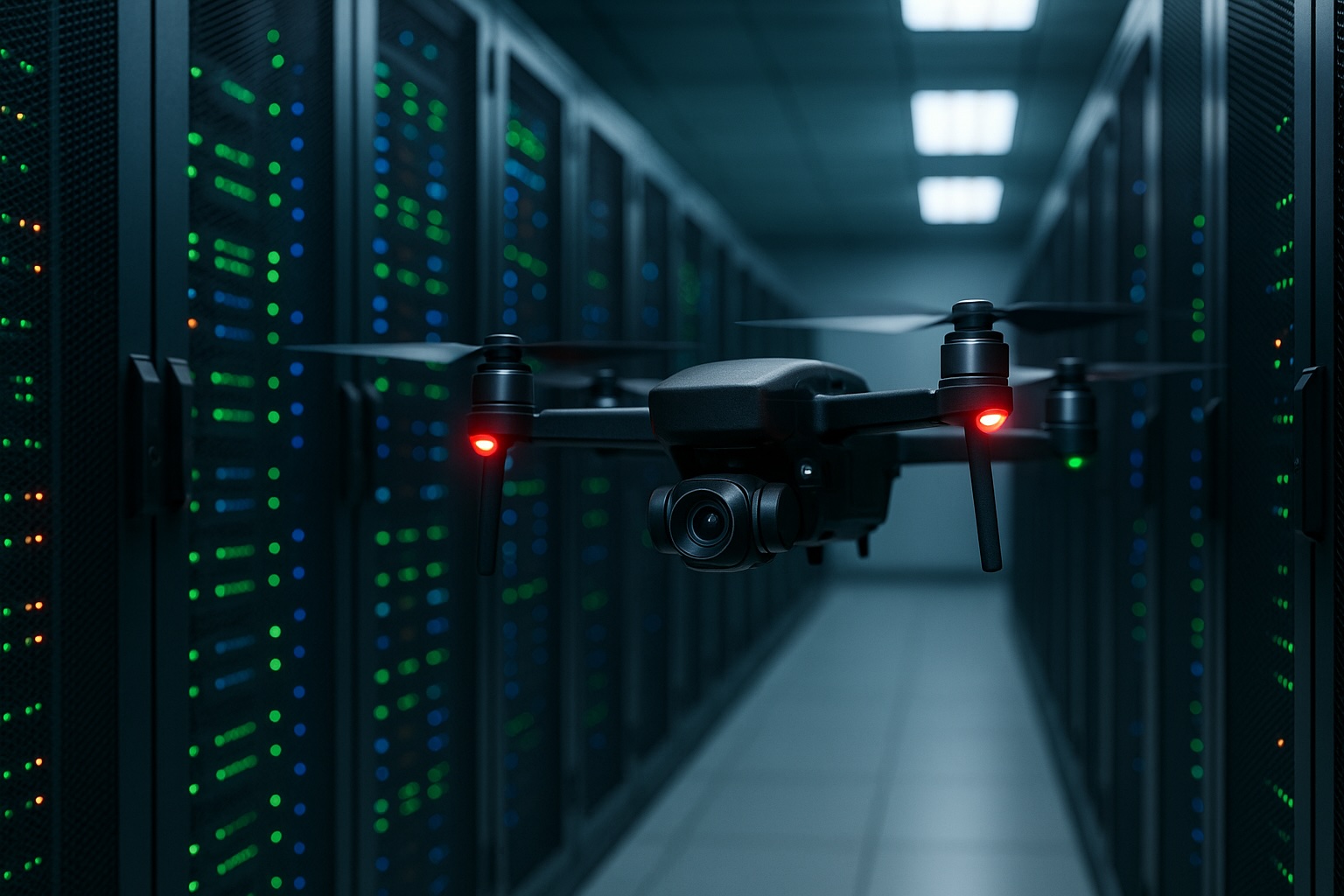
Hackers Threaten the Security of the European Railway Sector

Like other critical infrastructure sectors, the transportation industry is increasingly dependent on digital systems. Ensuring safety is crucial when transporting both people and goods, but until now, most service providers have primarily focused on physical security. As a valuable yet vulnerable industry, transportation has now also attracted the interest of cybercriminals.
According to Cybertalk data, ransomware attacks in the transportation sector increased by 186% between June 2020 and June 2021. Unfortunately, a rise in cyberattacks has been observed across all industries worldwide, but transportation has been among the hardest hit. Many transportation companies have so far invested less in cybersecurity systems, prioritizing physical security instead.
The railway sector plays a vital and rapidly growing role in the development of the European Union and the protection of EU markets, with 472 billion passenger-kilometers, 216,000 km of active rail lines, and 430 billion ton-kilometers of freight transport. However, with increasing digitization and automation, railway transport is becoming an even more attractive target for cybercriminals, while security measures remain in their early stages. As cyberattacks become more sophisticated, the railway sector must adopt proactive rather than reactive security practices to stay ahead of online criminals.
Effective security solutions include real-time alerts and continuous monitoring, enabling railway service providers to gain complete visibility into their systems and quickly respond to potential threats. In addition to continuous threat detection, operators must also receive practical training to review alerts and implement necessary actions. At ViVeTech, ensuring the secure operation of critical infrastructure is a top priority, providing expert guidance and the latest security solutions so that companies can focus on their daily operations without disruption.
Sources: cybersecurityguide.org, railway-cybersecurity.com, gca.isa.org
Other News and Events from ViVeTech


.png)
The Future of Property Technology: Innovations and Use Cases Revolutionizing Real Estate
Learn moreTovábbi híreink és eseményeink

EHS és compliance az ipari és logisztikai környezetekben – mit lát az AI, amit az ember nem?
Olvasson tovább



